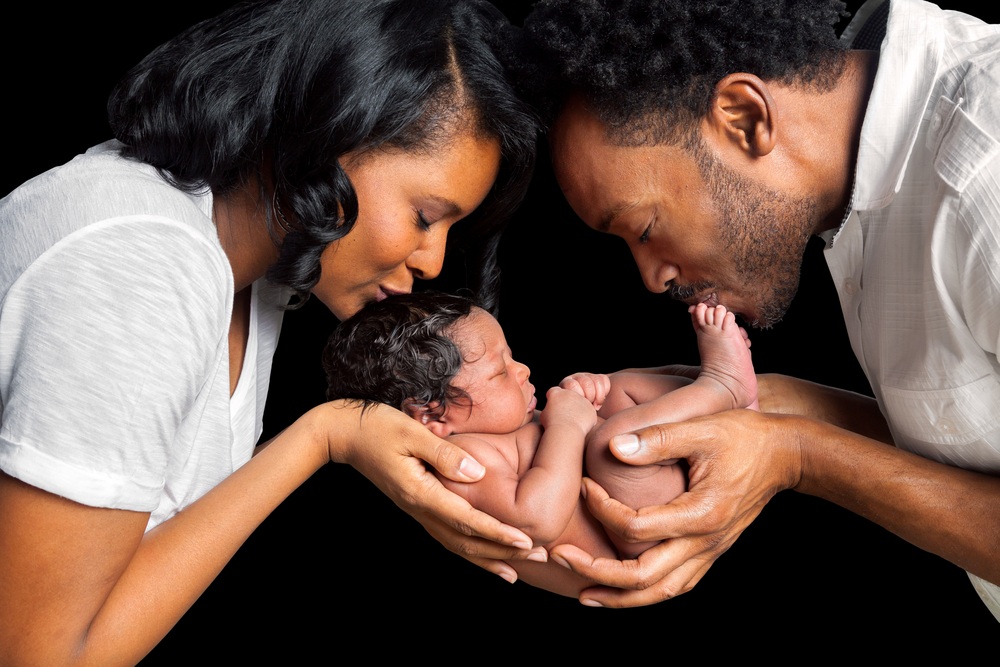
Parents with New Babies: Common emotional problems
Several emotional problems can arise when you are pregnant or have had a baby. Sometimes these emotional problems are all just called postnatal depression. This is not correct and can mislead, especially since problems can arise during pregnancy too.
During the first week after birth, up to 80 percent of mothers will get the baby blues. This is usually a time when you are sensitive and might cry, be irritable, feel anxious and have mood swings. These symptoms tend to peak 3 to 5 days after the birth, but if symptoms go on longer than 2 weeks, it could be the start of postnatal depression.
After the birth, you may expect an instant bond with your baby, but for some parents, this does not happen. It may take a few days or even weeks to feel a connection to your baby, and this can create feelings of guilt, stress, and disappointment for parents.
When you feel little or no connection with your baby, you may be distant or withdrawn and behave negatively toward your baby. If you do not connect with your baby after a couple of weeks, it is important to talk with a health professional.

A little worry or anxiety is normal, but too much may affect your ability to cope with your pregnancy and your baby.
Symptoms of anxiety
If you experience any of the symptoms below, talk about treatment options with a health professional:
- anxiety or fear which interrupts your thoughts and interferes with daily tasks
- panic attacks
- anxiety and worries difficult to control
- feeling irritable, restless or on edge
- having tense muscles, a tight chest, heart palpitations
- taking a long time to fall asleep in the early evening
- anxiety or fear which stops you going out with your baby
- anxiety or fear that leads you to check on your baby constantly.
If you think your partner or baby would be better off without you, or are having thoughts of suicide, contact a health professional immediately.
Depression develops gradually and may go on for many months. If left unrecognized and untreated, it may develop into a chronic condition or come back in the following pregnancy.
Symptoms of depression
If you experience any of the symptoms below for more than a few days, talk about treatment options with a health professional:
- low mood
- feeling guilty, worthless, hopeless, helpless, empty, or sad
- often feeling close to tears
- fear for the baby or fear of the baby
- fear of being alone or going out
- not enjoying or being interested in usual activities
- insomnia or too much sleep
- not eating or over-eating
- feeling unmotivated and unable to cope with your daily routine
- withdrawing from social contact
- lack of concentration and poor memory
- having thoughts about suicide or wanting to run away from everything.
A health professional will help work out if the symptoms are within the normal range for you or if they could show depression.
